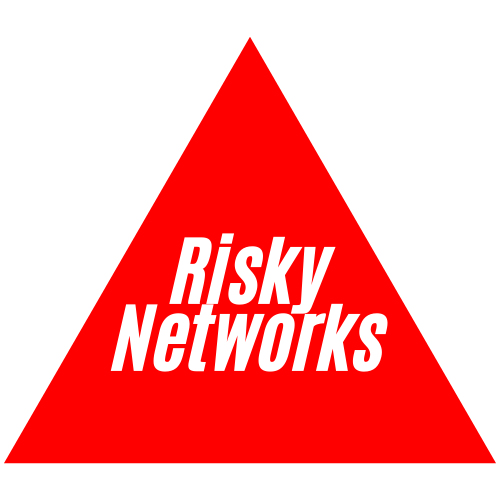Aadhaar India: When well-intentioned innovation marginalizes
This is the third article in a critical series on when well-intended ICTs and online platforms miss the mark in transforming society. This article discusses the case of India’s biometric ID system, Aadhaar, and it linkages to social services assistance delivery and data injustice.








